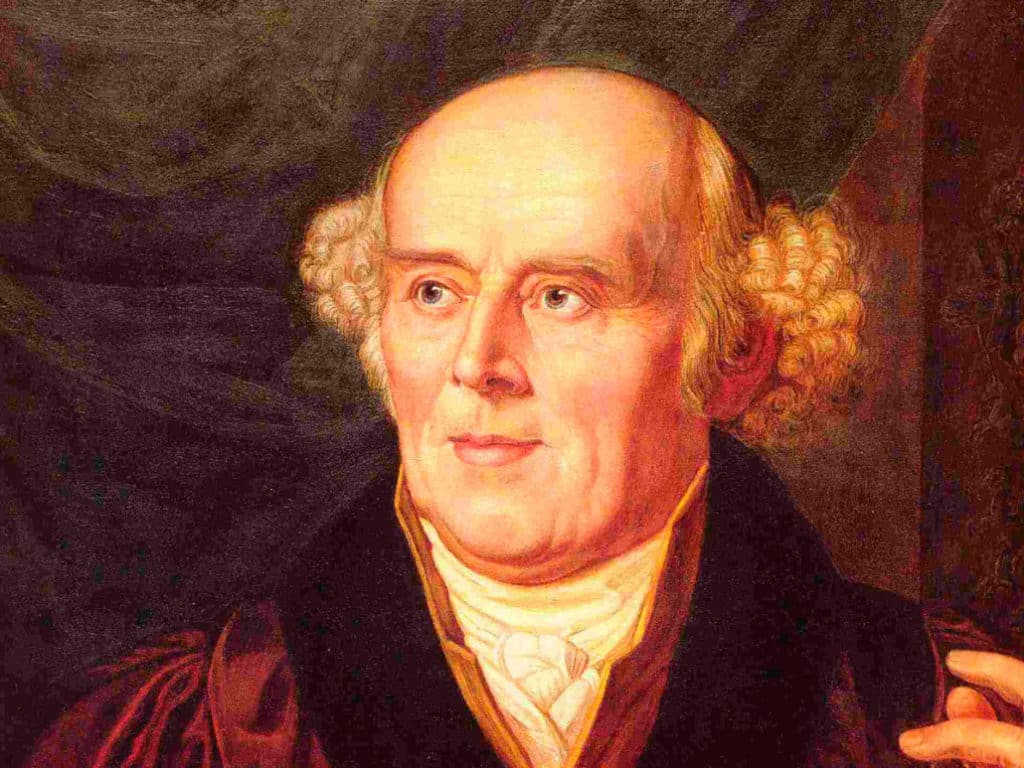Homeopathy is still in its infancy even though a few centuries have passed since its founder, Samuel Hahnemann MD, discovered how medically effective the minimum dose of the similimum can be. This is because homeopathy has always been, and in fact still is to a great extent, a medicine that is far before its time. And for various reasons contemporary conventional scientific communities of the day have been unwilling and/or unable to research the remarkable effects of highly diluted and potentised medical materials.
Thus, since the time of homeopathy’s inception, and as ‘modern’ practitioners gradually discarded Hahnemann’s early guidelines on how to safely use it, the practice of homeopathy has become distorted. Illogical ideas, fanciful methods and malpractices have crept in and led to heated arguments as to homeopathy’s effectiveness and credibility from not only the conventional medical community, media and skeptics – but also between homeopaths and practitioners.
Recently I have seen with great interest the polemics against Classical Homeopathy. I must point out that it is vitally important at this stage in the growing evolution of homeopathy to give the public a correct perspective of what we mean when we talk about homeopathy.
A lot of so-called modern practitioners have differing ideas of what homeopathy is, and of course it is their prerogative to believe in what they understand homeopathy to be. But the media also has a right to demand that the public are not misguided in believing such differing ideas since none of these ‘modern’ aspects represent the basic foundational laws and principles of homeopathy – and these very differing ideas give good reason for the media to be critical and even abusive.
The only group at this moment that have impressive results published in peer review medical journals, are those who follow the teachings of Prof. George Vithoulkas, which is nothing more than the Classical Hahnemannian Homeopathy. Until all these modern practitioners can provide equal proof of the curative effect of their systems, it is better to keep quiet.
For homeopathy to survive even another century, it is crucial that the reliable and proven foundations of Hahnemann’s homeopathy are not only subjected to rigorous clinical and laboratory research, but also are practised by medically trained men and women. Practitioners of homeopathy, still in its infancy remember, must firmly hold onto the wise hand of Hahnemann’s principles while it is still growing in order to establish strength and credibility as a dynamic and effective medicine.






